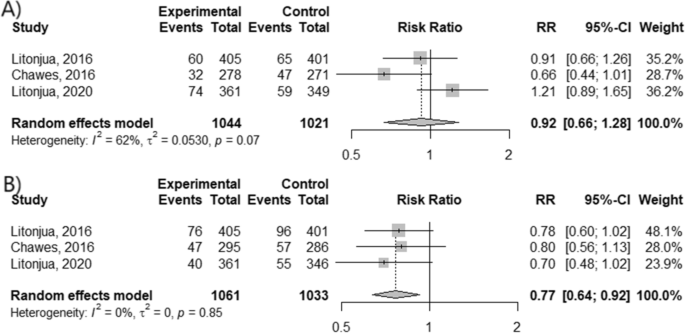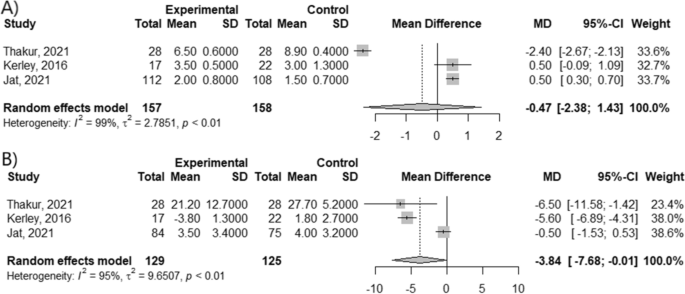Marharyta Sobczak & Rafal Pawliczak

BMC Pulmonary Medicine volume 23, Article number: 212 (2023)
Abstract
Background
Despite numerous studies investigating vitamin D, its impact on asthma is still unknown. The aim of our meta-analysis is to analyze the vitamin D supplementation influence on asthma prevention and treatment ranging from gestational to adulthood period.
Methods
Fifteen randomized clinical trials were included after database search. Studies contained the analyzed endpoints: the number of asthma and wheezing occurrence in gestational and infantile periods, the change of childhood/adult asthma control test score and forced expiratory volume in one second (FEV1) in childhood and adulthood periods. Random effects model was used to calculate effect sizes.
Results

Supplementation by women during pregnancy period decreased the wheezing occurrence in their children by 23% (RR = 0.77; 95% CI [0.64; 0.92]; p < 0.0049, I2 = 0%); whereas had no effect on given asthma parameters during the infantile period. Moreover, vitamin D administration had negative effect on the FEV1 change in children (MD = -3.84; 95% CI [-7.68; -0.01]; p = 0.0497; I2 = 95%), but had positive effect on the change of ACT score in adults (MD = 1.80; 95% CI [0.12; 3.49]; p = 0.0359; I2 = 99%).
Conclusions
Our meta-analysis showed the varying results depending on patient’s life period. It is important to further investigate the role of vitamin D supplementation in asthma management.

